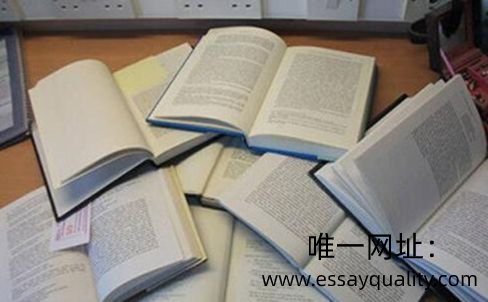EssayQuality唯一网址:https://www.essayquality.com/品质代写-专业写作团队为您提供:留学生PSY心理学代写、Psychology代写、PSY代写、北美PHIL哲学代写、Philosophy代写、PHIL代写、Geography地理学代写、BIO生物学代写、HIS历史学代写、网课代修代上、网课托管、quiz代考、exam代考....
世界贸易组织的建立促进了进一步的改变,更多的要求发展中国家有效参与:首先,世贸组织涵盖了各种新的领域,如服务,标准,知识产权,所有这些都需要附着于成员国政府额外的机构能力,无论是在日内瓦,还是他们的首都。
How Does The Wto Place Additional Demands On Developing Countries International Law Essay
Introduction
Throughout the 1960's and 1970's, developing countries viewed UNCTAD rather than GATT as the main institution through which they could promote their interests in international trade. Their representation in GATT reflected these priorities: Many developing countries were not members, and of those that were, a large number did not maintain official representatives resident in Geneva, but instead used representatives in other European capitals to cover GATT matters -- for ACP countries usually their Mission to the EU in Brussels. Moreover, their participation in GATT negotiations prior to the Uruguay Round was "passive" in that they did not engage in a significant way in the mutual exchange of concessions on a reciprocal basis (Whalley, 1987).
The establishment of the WTO has resulted in further changes which place additional demands on developing countries for their effective participation: First, the WTO covers a variety of new areas, such as services, standards, intellectual property rights, all of which require additional institutional capacity in member governments both for more effective representation in Geneva and in their home capitals. Second, the WTO, unlike GATT, has been engaging in a number of on-going negotiations in the liberalization of different sectors, which require continuous active involvement by member countries. Three such negotiations, on Basic Telecommunications, Information Technology Products, and Financial Services were concluded in 1997 and more are in store starting in 1999, as part the Uruguay Round built of agenda.
ON 30 OCTOBER 1947, governments of 23 countries signed the Final Act of the General agreement on Tariffs and Trade (GATT). The General Agreement created a legal framework for a mutual reduction in tariffs negotiated between the signatory governments. It contained, first, each government's commitment to reduce tariffs (called its Schedule of Concessions) and, second, a code of behavior regulating other forms of government interference with international trade.



